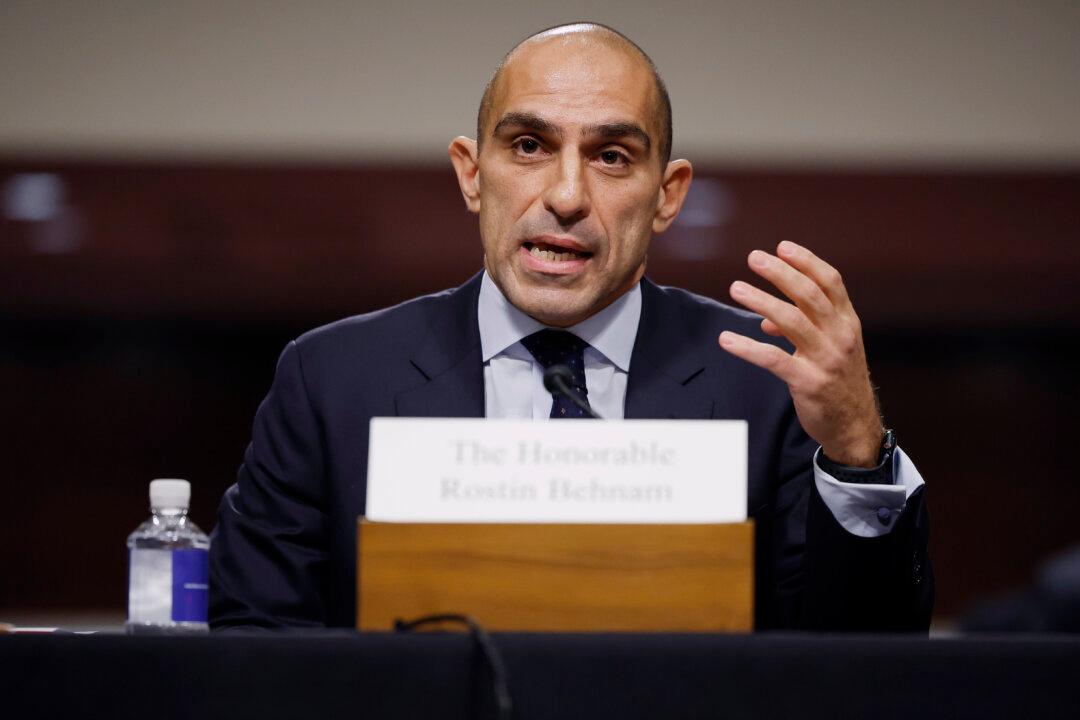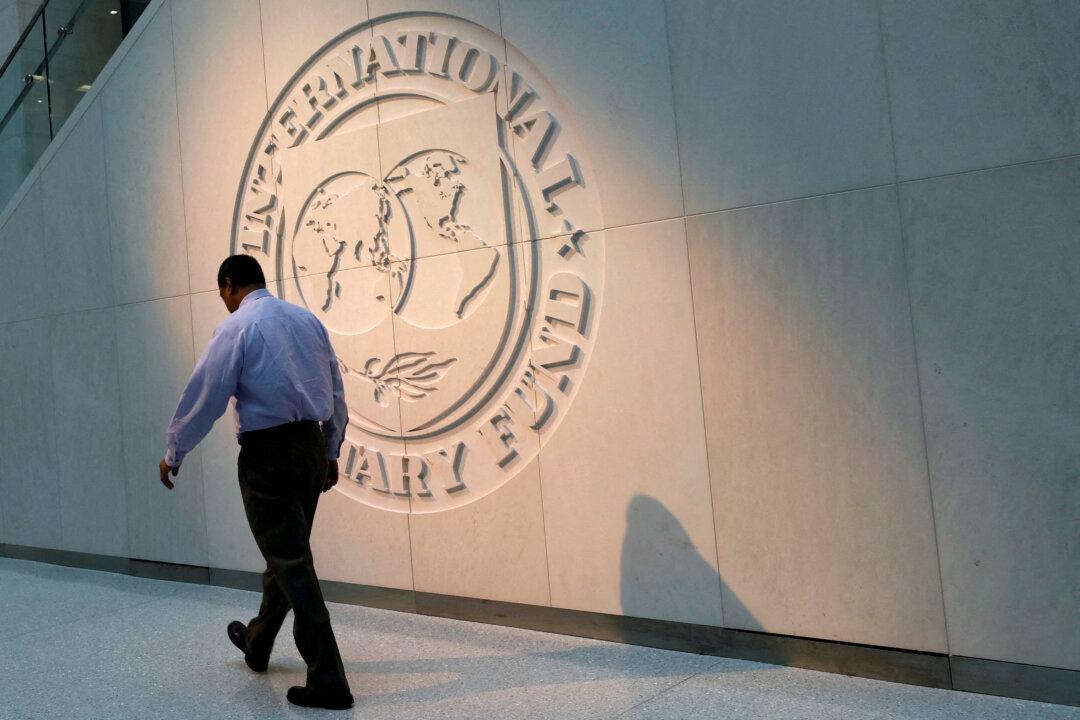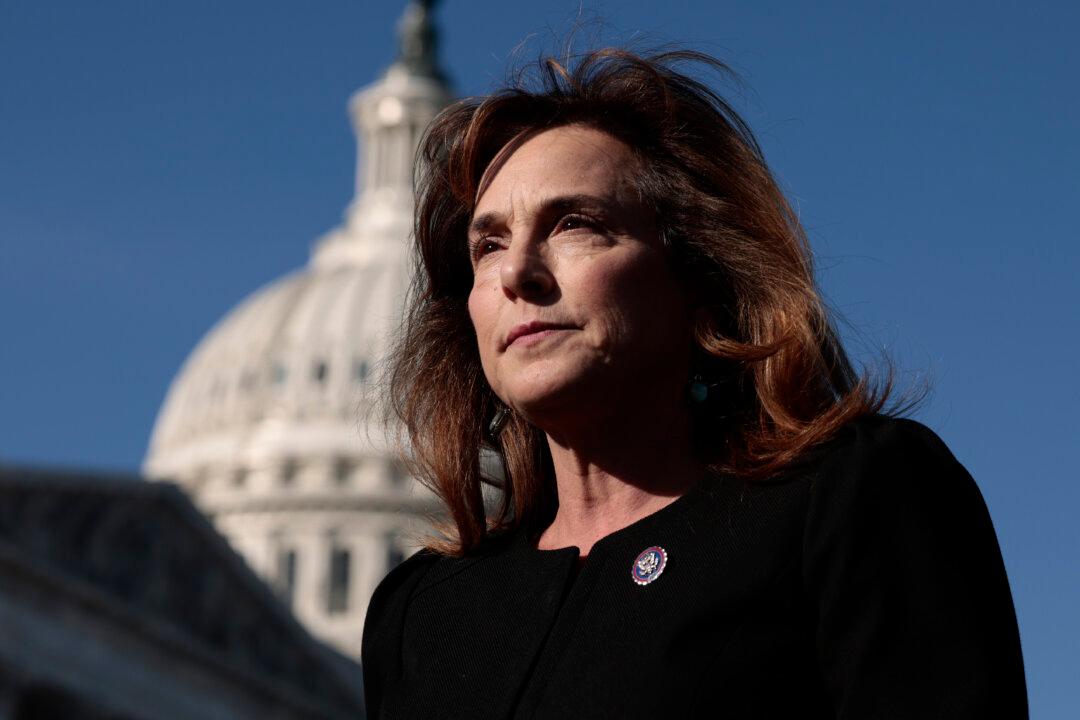The collapse of the cryptocurrency exchange FTX has reignited a power struggle between two federal agencies—the Commodity Futures Trading Commission (CFTC) and the Securities and Exchange Commission (SEC)—for domain over digital assets. Many in the crypto business complain that the struggle between those agencies is one of the reasons for delays in rules to govern that industry.
The first congressional hearing related to the failed exchange since it declared bankruptcy in early November occurred last week. CFTC Chair Rostin Behnam, as the sole witness of the hearing, fielded questions from a bipartisan panel of U.S. senators, including Chuck Grassley (R-Iowa), Amy Klobuchar (D-Minn.), and Cory Booker (D-N.J.).




